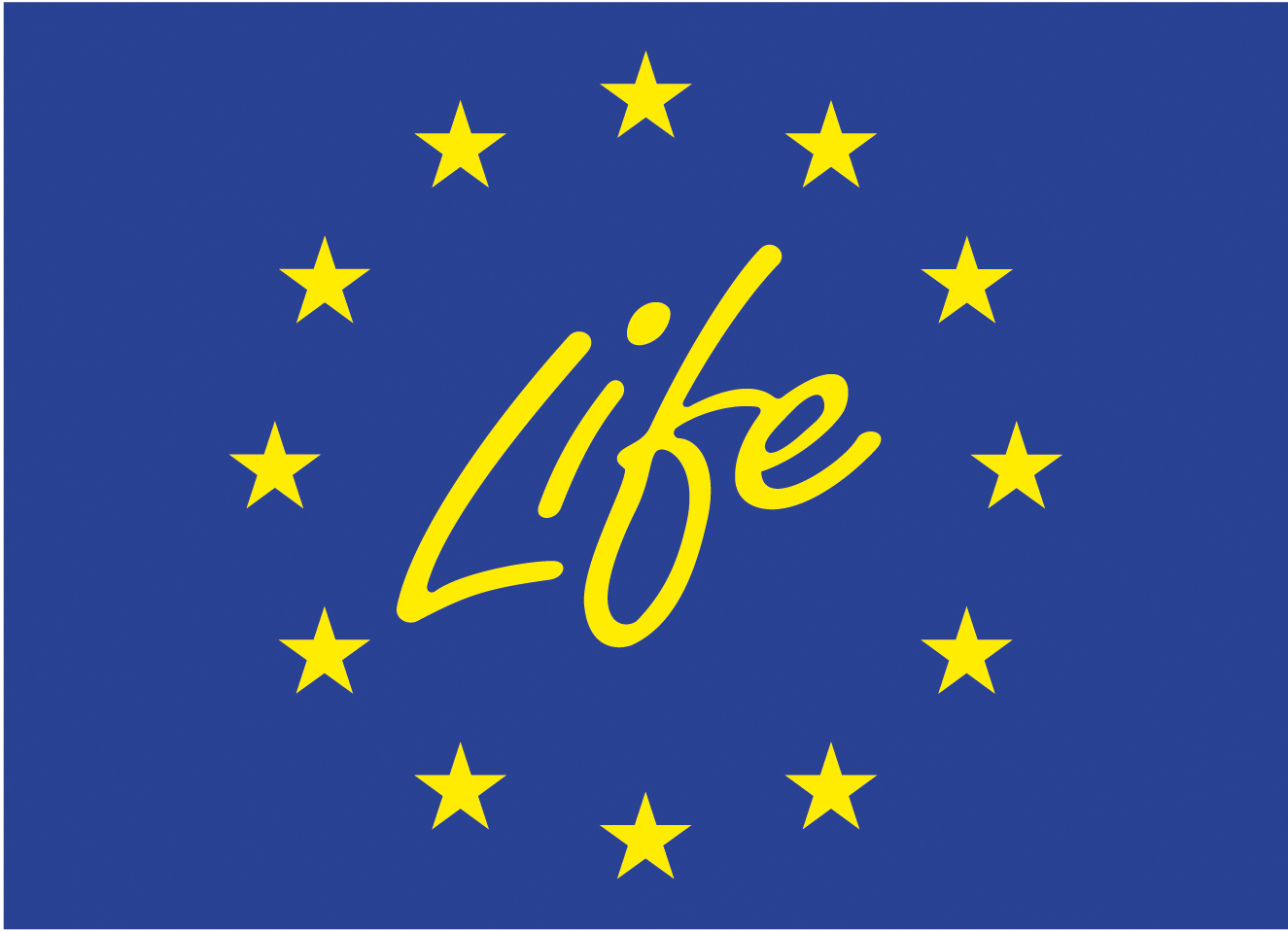IFOAM Organics Europe Meets Business: Bridging business and EU policies, 7 December, online
On 7 December 2021, players from the whole (organic) supply chain – including processors, traders, retailers, and certifiers – joined the 4th edition of IFOAM Organics Europe Meets Business.
Once again, the (online) event proved to be a successful occasion to exchange knowledge and experiences on market, policy, and regulatory developments, as well as their impacts on the organic value chain. Participants had the chance to network with expert speakers, (organic) companies and policymakers, through thematic roundtables, interactive coffees, and lunch break.
Consult the full programme on our website and read a summary of the event below.
First session: Organic market development and societal trends
After some welcoming words by Eduardo Cuoco, IFOAM Organics Europe’s Director, the event began with a morning session on the current EU organic market and its foreseen development in the coming years.
Eric Gall, Deputy Director at IFOAM Organics Europe, highlighted the current public interest in organic market development and its central role on the EU agenda. For instance, in the Farm to Fork Strategy, the Commission has set the target of “at least 25% of the EU’s agricultural land under organic farming”, launching the Organic Action Plan to support this ambitious goal. He also claimed that today’s consumers are more demanding for food products that benefit not only themselves, but also the environment, and that organic production currently satisfies this demand.
The following presentation of Carlotta Brondi, Market Analyst at Nomisma, confirmed this trend. Focusing on the Italian and EU market, she displayed interesting data about consumers: in 2021, 89% of Italian consumers bought organic products at least one time and 54% consumed organic products at least once a week. Moreover, Italian consumers believe that public Institutions should spread more awareness about organic. Roberto Pinton, IFOAM Organics Europe board member, shifted the focus to France, Germany, and Sweden, to give a general overview of the current market situation. He shared that French consumers buy organic mainly for health, environmental, ethical and social reason, and, that in Germany, 2020 saw a 22% increase of organic sales. Valentina Gritti, Global Community and Project Manager at Slow Food Youth Network International, closed the session with a focus on youth market trends in Europe. Among these: organic, sustainability, agroecology, no plastic, zero waste, local, fair and climate friendly.
Before switching to a networking lunch break, Andrea Rigoni, President and Chief Executive Officer of Rigoni di Asiago, presented the truly inspiring story of this Italian company, which has always been committed to organic “for a better and sustainable future of today’s consumers and of tomorrow’s generations”.
Second session: (New) EU Organic Regulation
The afternoon session was all about regulation, since the new EU Organic Regulation 2018/848 will enter into force on 1 January 2022.
Emanuele Busacca, Regulation Manager at IFOAM Organics Europe, gave a first general update before handing over to the first speaker Alexander Beck, Managing Board Member of AöL, who introduced the new rules on processing and flavourings. He focussed on new restrictions in the use of conventional natural flavourings and to the Organic Critical Points systematic approach.
Then, Bernard Lignon, Head of Regulation and Quality at Synabio, took the floor to provide insights on the provisions regarding cleaning and disinfectants, from the 2018 Regulation to the actual situation. Concluding this regulation spotlight, Michel Reynaud, Vice-President of Ecocert, displayed the new rules on organic certification and the new import regime in 2022. Concerning controls on compliance, he specifically stressed that potential challenges could be again related to harmonisation among Member States.
The second part of this session was dedicated to the issue of pesticide residue findings in organic products. Sarah Compson, International Development Manager at the Soil Association and chair of IFOAM Organics Europe’s Interest Group of Organic Processors and Traders, opened the discussion on the topic reminding the audience of the organic approach, its principles, and why it is important to look at the whole production process and not only at the final product.
The current state of play, in terms of the political and regulatory context, was then introduced by Marian Blom, Board Vice President of IFOAM Organics Europe and Bionext Project Leader Knowledge and Innovation. She also explained the project on pesticide use and contamination of IFOAM Organics Europe, the aim of which is to foster the development of EU policies and regulations capable of ensuring a level playing field and support for farmers, processors, retailers and traders producing food without the use of pesticides.
Jan Groen, CEO of Green Organics, then presented Green Organics’ quality assurance system, giving a practical case of the burden and costs of laboratory analysis linked with pesticide residue findings. Finally, Bernard Lignon examined the case of the contamination of certain products with ethylene oxide, providing some “lessons learned” that could better prepare the organic sector for a potential other crisis of this type.
For the attendees of IFOAM Organics Europe meets business, the recordings and slides of the event will be available for 30 days on the Hubilo platform.
IFOAM Organics Europe members can access all recordings and slides on the members extranet. If you have any feedback or comments related to the event, please do not hesitate to email us on [email protected].

This event is co-financed by the LIFE programme of the European Union, under the under the under the European Climate, Infrastructure and Environment Executive Agency (CINEA). The sole responsibility for this event lies with IFOAM Organics Europe. The CINEA is not responsible for any use that may be made of the information provided.

